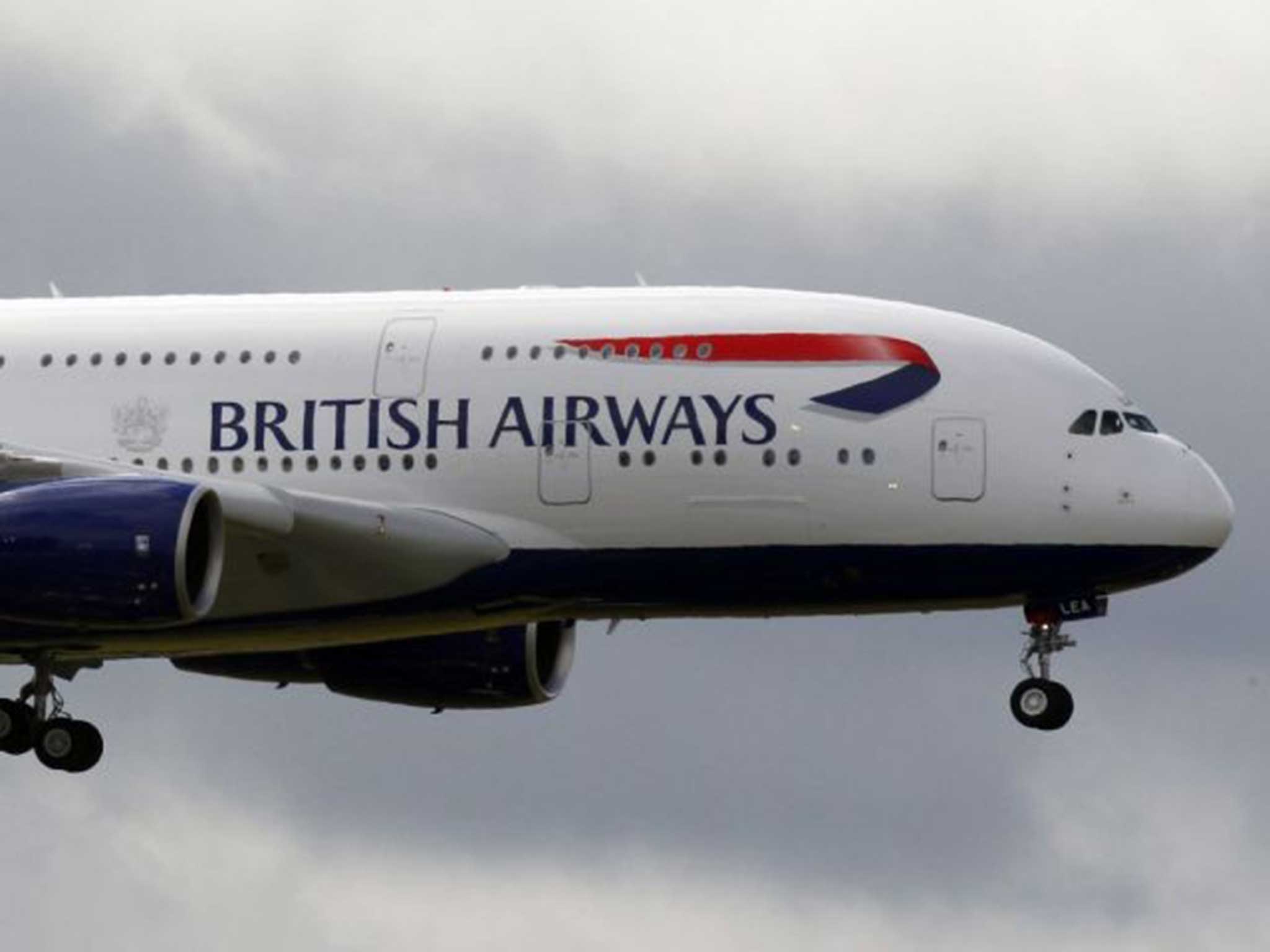The chief executive of British Airways has told MPs: “We’re still fighting for our own survival.”
Speaking to the Transport Select Committee, Alex Cruz said: “Last week we flew 187,000 passengers. The same week in the previous year we flew almost a million.
“We remain worried about the virus in the winter season. People are still afraid of travelling. We are having weekly changes to the quarantine list.
“All the data that we get are still pointing at a slow recovery process.”
He said BA is burning through £20m in cash per day, and that he has taken a one-third pay cut.
British Airways has parked its entire fleet of Airbus A380 jets and is scrapping its Boeing 747 “Jumbo jet” fleet.
Mr Cruz criticised the government’s policy of announcing new candidates for quarantine each Thursday and its refusal to allow testing at airports, saying: “The weekly [quarantine] announcement is incredibly disruptive – primarily for our passengers.”
He called for “enhancing the current scheme to make it more consistent and deliver less change”.
“We need more regional considerations in order to fly to places where the rates of infection are lower than in the UK.
“If we could start [testing] tomorrow, it would help the British economy.”
British Airways is among the airlines who have called for a test-and-quarantine pilot scheme on the world’s leading intercontinental air link, between London and New York.
The government says it is looking at such an approach but has previously insisted that there is no viable alternative to 14 days of self-isolation.
Influencer Charly Jordan apologises for travelling to Rwanda during “incorrect” time
“We need some testing regime that will minimise the quarantine process,” Mr Cruz said.
He said around 10,000 of the 42,000 staff at the start of the coronavirus pandemic will lose their jobs.
Mr Cruz praised the “constructive and productive meetings” with the British Airline Pilots’ Association (Balpa) over job losses.
But he said the other unions – Unite and the GMB – did not engage with British Airways.
In response, the Unite assistant general secretary Howard Beckett said: “It is thanks to the immense work of Unite reps that British Airways has been forced to accept that it cannot indulge in the comprehensive fire and rehire policy that the airline intended.
“But Alex Cruz has misled the transport select committee by indicating that fire and rehire is completely off the table. This needs to be corrected.
“There are still too many BA workers facing threats to their wages and working life. These threats should be withdrawn today.
“Draft agreements with British Airways will not be finalised by Unite until members have voted on them and agreed to changes in their contracts.
“Even if agreements are reached and finalised in all of British Airways sectors, this does not herald industrial peace.
“Any changes in contracts should have been of a temporary nature and once British Airways returns to profit, the cuts in pay and conditions should be immediately restored.“
The Labour MP Ruth Cadbury said: “BA went worse and harder than its parent company IAG, and the other sister airlines, and also other UK airlines such as Ryanair, who treated its staff somewhat better.
“BA still is after more taxpayer money in effect by seeking to pause on Air Passenger Duty”
The Transport Select Committee has called for British Airways to be stripped of some of its take-off and landing slots at Heathrow.
In 2000 BA had 36 per cent of the allocated slots at its main base, but now has around 50 per cent. Lufthansa at Frankfurt and KLM at Amsterdam have substantially higher proportions.
British Airways is this week using 25 per cent of its available slots. The airline’s boss called for the “use it or lose it” rule to be relaxed over the winter.
“If that slot relief is not provided for the winter season, we will have a number of airline bankruptcies, and there will be many, many thousands of jobs that would be lost,” said Mr Cruz.
The British Airways boss also revealed that it took four years for the airline industry to recover after the financial crisis of 2007-2008, and that premium traffic – in Club World and First Class – had never reached the previous levels.

